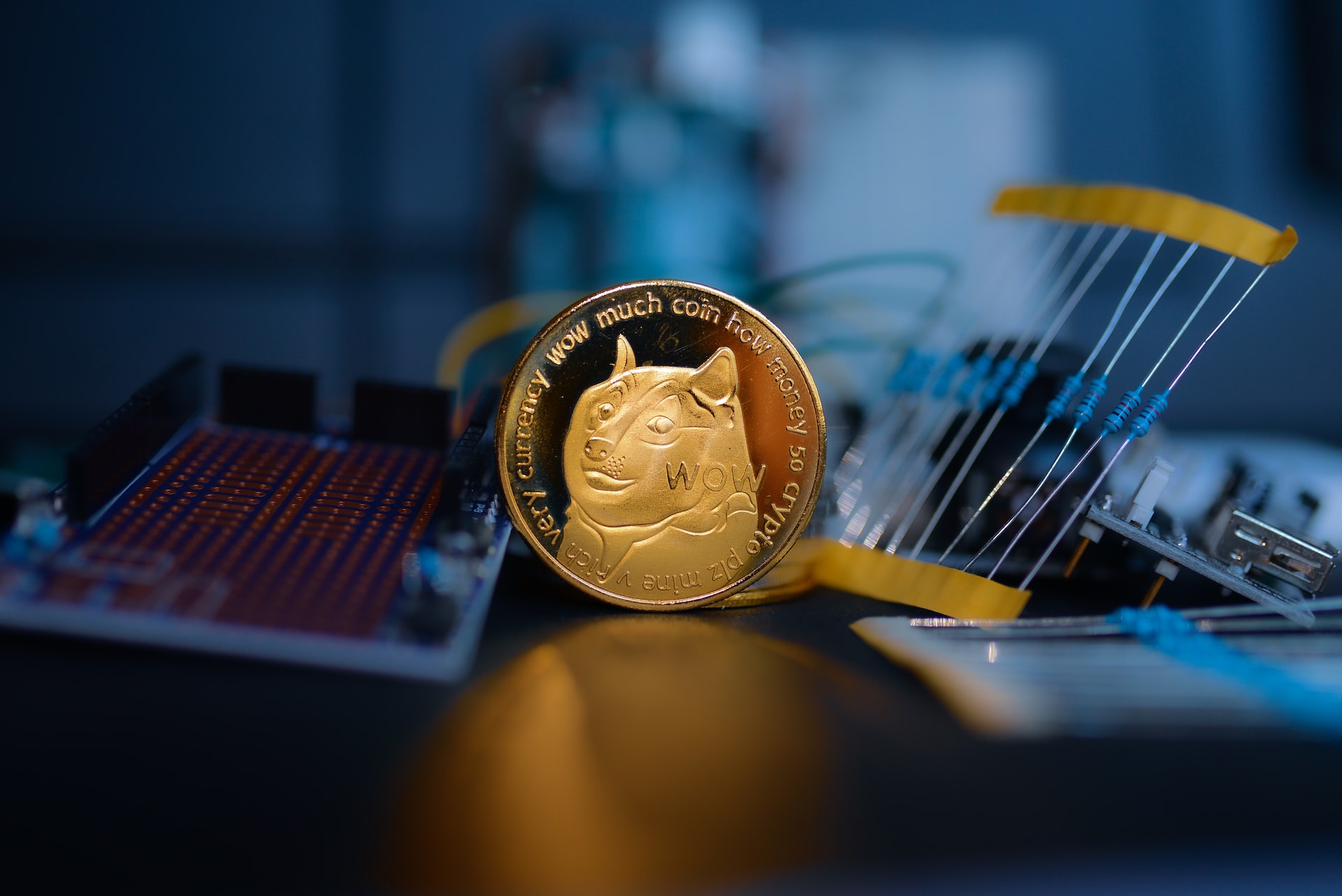Written by Hannah Parker
Since the invention of Bitcoin, hundreds have been created to function as digital currencies. They are connected to blockchain ecosystems that solve specific problems.
There are many categories to help distinguish different types of coins, just like in any other industry.
Cryptocurrencies such as Bitcoin Cash, Litecoin, and Bitcoin Cash are primarily intended to be used for everyday spending. Tokens are then divided into two main categories: Utility and Security.
What are Utility Tokens?
Utility tokens are the most popular type of token today. The mass rise in blockchain startups over the last year has led to this phenomenon. These startups have raised capital through initial coin offerings. They must create their tokens and then sell them to the public for ETH.
These tokens are not only used to raise funds, but also serve a primary function. Utility tokens can be used to purchase digital assets within a particular blockchain ecosystem. Filecoin, for example, uses its token to pay data storage users. Civic allows users to verify their identities and add attestations to their blockchain. Because tokens can be used to create unique incentive programs that allow people to take specific actions in an ecosystem, they know they will receive compensation. Token incentive models exist, especially on new automated cryptocurrency tools like Bitcode Method, for example, to encourage people to use renewable energies, for example. Through the blockchain network, they can report and track data about energy usage using IoT devices and receive tokens for compensation.
ERC20 is the most popular utility token. Companies can build decentralized applications using the Ethereum blockchain and launch initial coin offerings (ICOs) with ERC20 tokens.
What Are Security Tokens?
Security tokens are a relatively new invention in the crypto world. Many consider them to be the key to mainstream adoption of cryptocurrency due to their focus in tokenizing digital assets and non-digital assets. This makes them applicable to almost all industries and applications.
A security token is an investment contract that allows legal ownership (as defined by the SEC) to a physical or virtual asset such as real estate, artwork, or ETFs that has been verified using the blockchain. Smart contracts allow investors to exchange fiat money for security tokens. Security token holders have legal and verifiable ownership that allows them to trade their tokens for assets, collateral for loans, or fractionalize them for storage in other digital wallets. Security tokens have the true value. They allow us to redefine asset ownership. Assets that were previously only available to wealthy individuals in developed countries are now more easily accessible to everyone. Regular people around the globe can own them (even in small amounts) and receive dividends. Think about all the tangible and digital assets that have value, such as company equity, rewards, and personal brands. These assets can be tokenized on the blockchain and sold as securities. The possibilities for security tokens are endless.
The Advantages of Using Utility Tokens
Utility tokens are a tool to drive human behavior through incentives in a blockchain ecosystem. There are many issues that the economic system does not have incentives to address. Most people agree that it is important for people to take responsibility for the environment and use cleaner energy sources. A company that wants to clean the environment will likely be a non-profit under current law. There is no business model to support such an initiative.
Swytch, a company that uses blockchain technology, can create their own ecosystems and produce their own money. This money can be used to encourage people to use renewable energies. These utility tokens can also be traded for Bitcoin and ETH. They can then be converted into fiat currency making them as valuable as any other form of fiat money.
The Advantages of Using Security Tokens
Security tokens can eliminate many frauds. Security tokens are a more trusted investment, as they require companies to pass more regulatory hurdles before being made available to the public.
- Dividend payouts: Security token investors can get quarterly dividends from the profits they make on the assets they own. This gives them a steady, reliable income stream.
- Security tokens allow you to access multiple asset classes. They can be used to gain access to any company, product, fund or structure that generates value. Security tokens greatly expand the options available to anyone with any amount of money.
- Access to liquidity for traditionally inliquid assets: You can sell your security token faster and get the funds almost immediately by investing in a security token.
Although both crypto tokens are sometimes referred to in the same breath, their purposes differ greatly. Utility tokens can be tied to a platform. They are used to access its features. Security tokens, on the other hand, are an investment. A utility token can be used to access a company’s products or services, while a security token allows you to buy a stake in the company.
